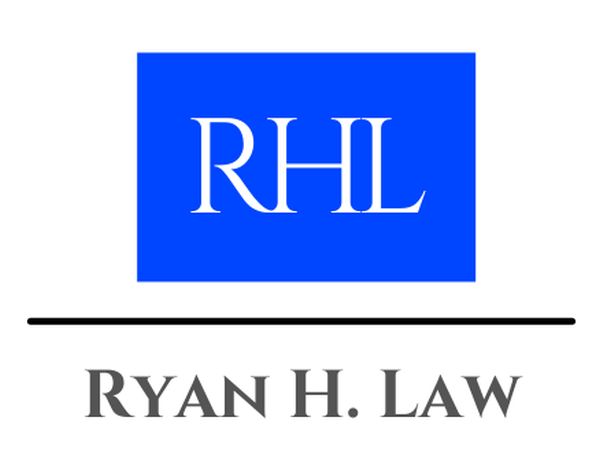 Millions are people are out-of-work, furloughed, or have had their hours reduced. One of the first payments that often goes when times are tough is the mortgage or rent payment. It is generally a person’s largest bill (representing 25-50% of many people’s budgets) and not making that large payment can be seen as a way to continue purchasing things that are necessary right then (such as food and utilities).
Millions are people are out-of-work, furloughed, or have had their hours reduced. One of the first payments that often goes when times are tough is the mortgage or rent payment. It is generally a person’s largest bill (representing 25-50% of many people’s budgets) and not making that large payment can be seen as a way to continue purchasing things that are necessary right then (such as food and utilities).
If you, or a client you are working with, is struggling there is some relief in the CARES Act.
As is always the case in situations like this, TALK WITH YOUR LANDLORD OR MORTGAGE SERVICER ahead of time. Let them know what is going on. There are programs and policies in place, not just with the CARES Act, but in many states, cities, and companies. Chances are there is a program in place to help, but your best bet is to contact them before the payment is due.
Let’s take a look at both rent/eviction and mortgages/foreclosure and what provisions are in the CARES Act for each.
RENT/EVICTION
It is estimated that 1/3 of Americans did not pay rent or only paid partial rent in April. Under the CARES Act tenants cannot be evicted for non-payment of rent if their landlord has a federally-backed mortgage (which would include, among others HUD, VA, USDA, Fannie Mae, Freddie Mac, and public housing).
This moratorium on evictions last for 120 days starting on March 27, 2020. After that the tenant needs to be given 30 days notice before they can be evicted.
It is important to note that this is not free money or free rent – the rent is still due, and the tenant can be evicted after the moratorium is over. Also this provision only applies to non-payment of rent – eviction can continue for other reasons such as violating the terms of the lease or damage to the property.
No additional fees, penalties, or other charges can be added beyond the rent payment.
It is important to remember the effect this is having on landlords as well. For most landlords rentals are their livelihood and they are concerned about the implications of the economic shutdown on their business and on their tenants.
In addition to the CARES Act provisions, many states have passed laws temporarily banning evictions. Columbia Law School and other lawyers have put together a database that outlines eviction orders in place in all 50 states.
How do you know if your landlord has a federally-baked mortgage? The only way to find out for sure is to ask them. If the landlord is not forthcoming about information or they illegally start the eviction process (officially or unofficially) you may need to talk with a lawyer.
If you are a landlord it is possible to qualify for an Economic Injury Disaster Loan through the Small Business Administration. As of April 20 the program was out of money, but there is talk in DC about Stimulus 3.5 which would appropriate more money to the program. When (or if) a deal is reached, this article will be updated.
Landlords may also qualify for mortgage forbearance (described below) under the CARES Act.
MORTGAGES/FORECLOSURE
If you can pay your mortgage, pay your mortgage. If you cannot pay your mortgage, reach out to your servicer as soon as possible.
Under the CARES Act there is a moratorium on foreclosures for federally-backed mortgages, which includes U.S. Department of Housing and Urban Development (HUD), USDA, FHA, VA, Fannie Mae, and Freddie Mac loans.
Fannie Mae and Freddie Mac hold about half the mortgage loans in the US. You can ask your servicer who backs your loan.
Under the CARES Act lenders cannot begin or finalize a foreclosure for 60 days starting March 18.
If a borrower cannot make their payment there is a forbearance provision available, which will pause or reduce payments. The borrower does not need to provide any documentation other than a statement that they need to take advantage of the forbearance.
The initial forbearance lasts for 180 days, with a 180 day extension available if needed.
During the forbearance only scheduled interest can accrue, and the loan has to be reported as current to the credit bureaus.
To take advantage of this borrowers need to contact their loan servicer. They should also discuss a plan for making up the payments in the future. For most borrowers that will mean re-casting their payments to the end of the loan term. Borrowers should avoid sending in partial payments unless their lender agrees to apply those payments to the balance and not end the forbearance.
On either a rental or mortgage deal you should get all provisions of the deal in writing.

Leave a Reply